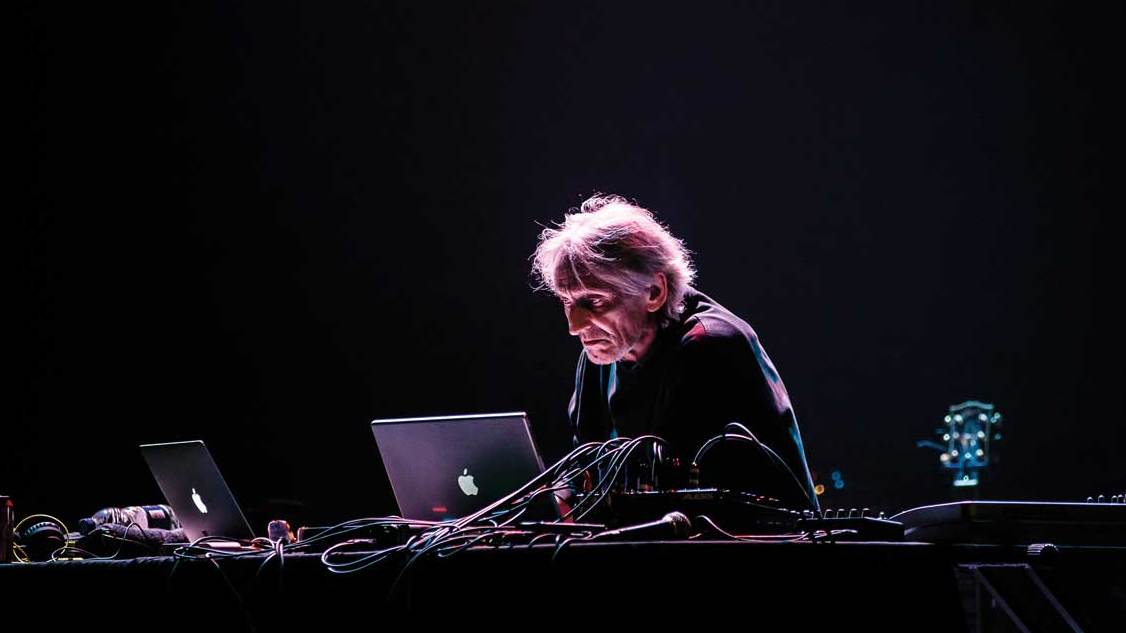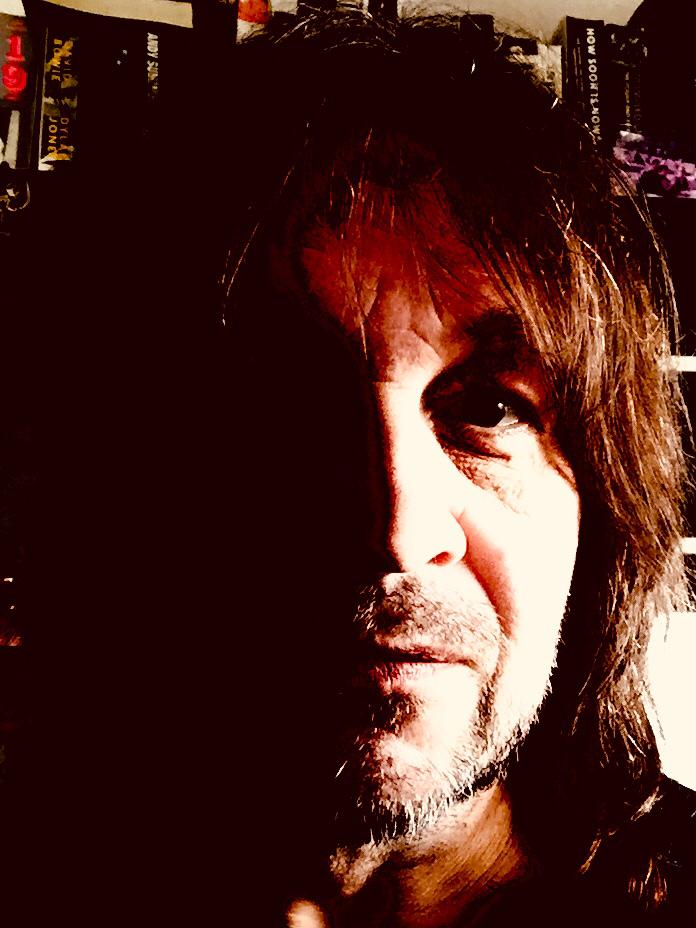In December 1981, Manuel Göttsching, former guitarist of Ash Ra Tempel and then simply Ashra, returned home from touring with Klaus Schulze and began work on a new piece of music. Having immersed himself in electronics, specifically with his work under the Ashra banner, Göttsching’s explorations with synthesisers didn’t appear to be that much of a bold move. What emerged, whether he intended it to or not, set about altering the course of electronic music.
E2-E4 is a technological masterpiece. Based around two simple, repetitive chords, Göttsching’s hour-long piece was intended by its author to be seen as running with the baton passed on by minimalist composers such as Steve Reich, Terry Riley and Philip Glass. Finally released in 1984, the simplistic and hypnotic beauty of E2-E4 instead found favour in the Balearic islands as it soundtracked chemical comedowns and sumptuous sunrises, and in 1989 it formed the basis of Sueño Latino’s eponymous ambient hit. The prospect of a rare live outing for this milestone is indeed mouthwatering, and the sold-out Barbican bears testament to this.
As becomes apparent over the course of the evening, this is very much a concert of two very contrasting halves. Dealing first with E2-E4, there’s a professorial air about Göttsching as he takes to the stage to give us some background to the album, before settling himself down behind a laptop and a controller keyboard – and therein lies the problem that faces so many electronic acts. With no visual stimulus behind the stage, save some minimal spots shining from the ceiling, Göttsching for all the world looks like a man checking his email or marking dissertation papers.
The music, though, is sublime, and the effect isn’t unlike the boiled frog analogy. Rising from just two notes seemingly circulating in perpetuity, Göttsching’s incremental additions of bass pulses, skittering beats and punctuating, rhythmic pings are genuinely subtle. His attempts at adding guitar licks around the halfway mark are shaky at first but soon settle into the mix, and it’s only really around this point that the realisation sets in as to how far we’ve come.
Sadly, by focusing on Ash Ra Tempel’s early‑70s output instead of the ambience of New Age Of Earth or the progtronica of Blackouts, Göttsching fails to contextualise the main event during the second half of tonight’s performance, and it’s a bit like wheeling out Stephenson’s Rocket after a ride on the bullet train.
The pulverising reading of Amboss – drummer Oren Ambarchi and bassist Shags Chamberlain accompanying Göttsching’s apocalyptic onslaught – takes those only familiar with the main event by complete surprise, and despite its merits, it’s too much like oil and water. Perhaps next time he’ll get the balance right.

